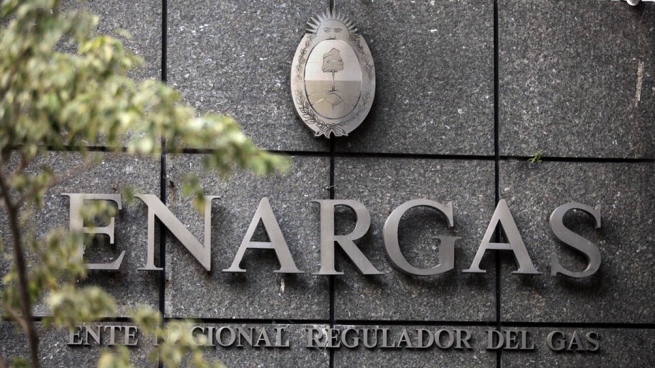More than seven million voters in Cuba are called today to participate in the popular consultation on the new Family Code, to be held between next February and April.
At a press conference, held the day before in the capital, Alina Balseiro, president of the National Electoral Council (CEN), assured that the conditions have been created to start the process of debating version 24 of the project, approved last December by deputies to the National Assembly of People’s Power (parliament).
Balseiro described the Family Code as a “broad, deep, complex and enriching document that reflects today’s Cuban society”, and opinions are expected from citizens that make it even more complete.
In accordance with the provisions of the national Electoral Law, the analysis will take place at the constituency level of Popular Power (basic instance of the form of government on the island).
To guarantee the development of the consultation, a meticulous preparatory work of organization and control has been carried out since December and throughout the current month, Balseiro stressed.
More than 900,000 people will be involved in these preparations, for which, he explained, the active participation in meetings with the voters of 15,616 jurists is required, of which 1,606 fourth and fifth-year law students.
He added that 12,513 electoral commissions and 109 special commissions have been created, and to date more than 78,000 meeting points have been identified.
The processing of all the opinions expressed by the population will have the support of computer programs made by the University of Informatics Sciences.
The proposals will go to the consideration of the National Assembly of People’s Power (parliament), a body that will approve a new version to be later submitted to a popular referendum.
Alina Balseiro recalled that the consultation will be held in the country and also among the staff of Cuban embassies and consulates abroad, which will allow Cubans who perform different tasks abroad to also participate in this democratic exercise.
However, all Cubans residing abroad can also provide their opinions on the Family Code through the website of the Ministry of Foreign Affairs.





